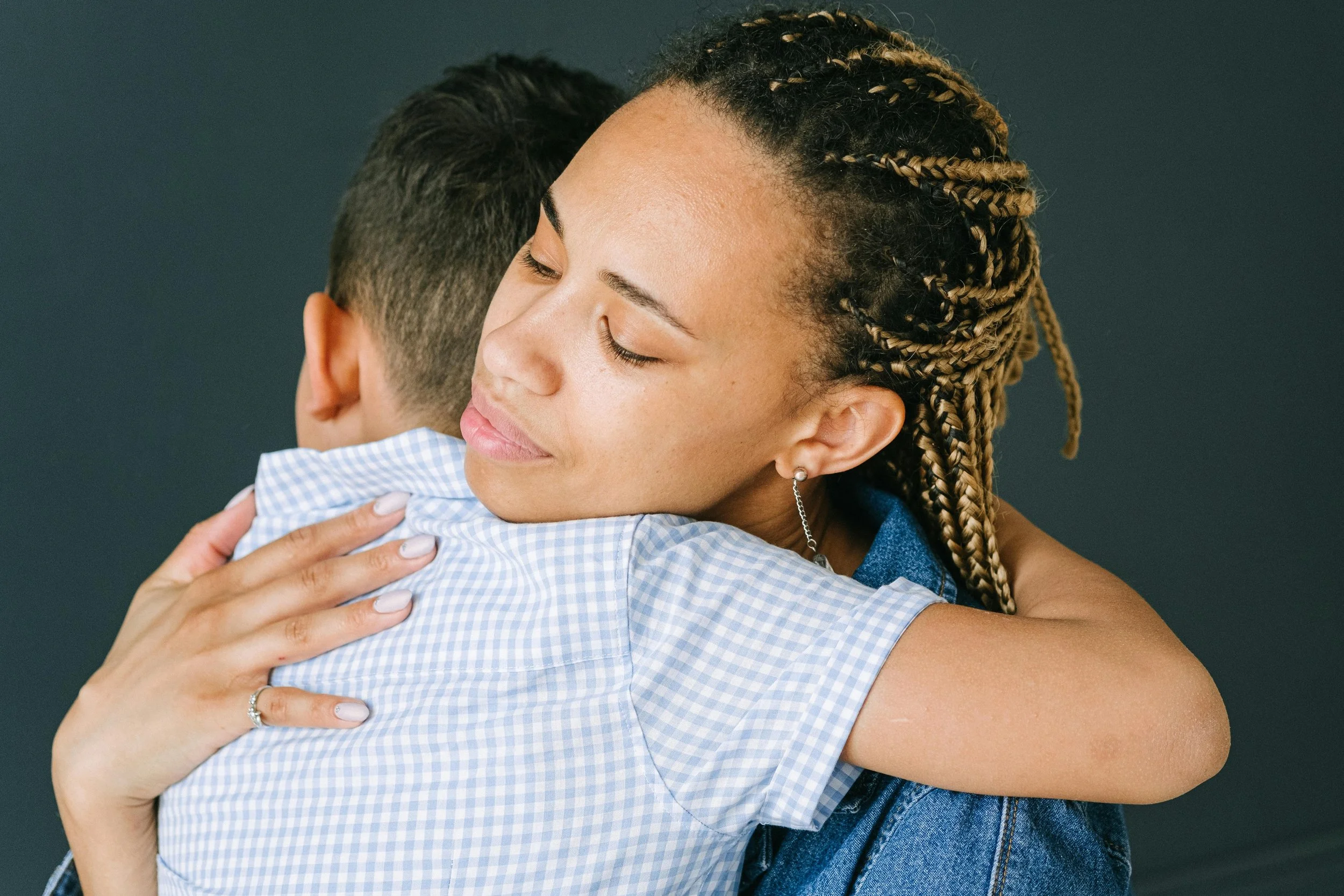
tIn today’s fast-paced, digital-first world, real, meaningful friendships can feel harder to build than ever before. We often find ourselves surrounded by hundreds of online followers but only a few people we truly trust and can rely on in tough times. So how do we go from casual conversations to deep, lasting connections? In this article, we’ll explore simple, real-life ways to build strong friendships that last — no matter your age or lifestyle.
1. Start with Being a Good Friend Yourself
The foundation of a strong friendship begins with you. Ask yourself: Would I want to be friends with me?
Being honest, dependable, kind, and supportive sets the tone for the kind of relationships you attract. When you treat others with respect and empathy, people naturally feel safe and valued around you. That’s the starting point.
Tip: Listen more than you speak. Show genuine interest in the other person’s life.
2. Look for Shared Interests and Values
Friendships often begin where there’s common ground. Whether it’s a love for hiking, a passion for books, or similar values about family or personal growth, shared interests help create bonds naturally.
Where to look:
- Join local groups or clubs
- Take community classes or attend events
- Volunteer for a cause you care about
- Connect with co-workers or neighbors
You don’t need to “click” instantly — friendships grow over time through shared experiences.
3. Be Consistent and Show Up
Friendship isn’t built in one conversation. It’s built by showing up — again and again. Consistency helps people trust you and feel secure in your relationship.
That doesn’t mean you need to text every day. A simple “Hey, how are you doing?” once in a while, or making plans to catch up, goes a long way.
Tip: Make time, even if it’s just a quick coffee once a month. Life gets busy, but friendships need nourishment.
4. Practice Vulnerability and Honesty
One of the most powerful ways to deepen a friendship is by opening up — not just about happy things, but also about challenges, fears, and even past mistakes.
Being vulnerable shows that you trust the other person. And when someone shares with you, respond with kindness, not judgment. This creates emotional safety.
Note: Vulnerability doesn’t mean oversharing too soon. Let it happen gradually as trust builds.
5. Be There in the Tough Times
It’s easy to be a good friend when everything’s going great — but true friendships are tested during hard times. Whether it’s a breakup, job loss, illness, or just a tough day, showing up with a kind message or helping hand makes a deep impact.
Examples of support:
- Offering to help with errands or chores
- Sending a meal or care package
- Just listening without giving advice
Even a small gesture shows, “You matter to me.”
6. Respect Boundaries and Differences
No two people are exactly alike. Strong friendships don’t require you to agree on everything — they require mutual respect. Your friend might have different habits, beliefs, or ways of coping, and that’s okay.
Healthy boundaries also mean respecting time, space, and energy. Give each other room to grow individually.
Avoid: Being overly clingy, needy, or controlling. Friendship is not ownership.
7. Communicate Openly (Especially When There’s Conflict)
Every friendship will have its awkward or tense moments. Instead of avoiding these, strong friends talk about them with honesty and care.
If something bothers you, speak up calmly. If you made a mistake, apologize sincerely. If your friend is upset, ask how you can make things better.
Golden rule: Address issues early before resentment builds.
8. Celebrate Each Other’s Wins
A healthy friendship isn’t just about support during hard times — it’s also about celebrating the good times!
When your friend gets a promotion, buys a house, or reaches a goal, celebrate with them genuinely. Jealousy or competition can ruin even the strongest bonds. Support each other’s growth.
9. Make Friendship a Priority, Not a Convenience
Friendship is not something you squeeze into your schedule when you’re bored or lonely. It’s something you invest in consistently — even when life gets hectic.
You don’t have to be available 24/7, but try not to disappear for months without a word either. Small check-ins, remembering birthdays, or simply showing you care keeps the bond alive.
10. Keep Growing Together
People change. Life changes. The secret to long-lasting friendships is growing with each other, not apart.
Make space for each other’s growth — career shifts, relationships, parenting, lifestyle changes, etc. Stay curious about their life. Keep discovering new things together — whether it’s a new hobby, a fun trip, or even deep talks.
Final Thoughts
Strong and lasting friendships don’t just happen by luck — they’re built, nurtured, and cherished over time. It takes effort, vulnerability, communication, and consistency. But the reward? A connection that makes life richer, happier, and more meaningful.
So whether you’re building new friendships or strengthening old ones, remember: be kind, be real, and be present.
🌟 Frequently Asked Questions (FAQs)
1. How long does it take to build a strong friendship?
Friendships develop at different speeds. Some people connect deeply in a few weeks, while others take months or even years. The key is consistency and shared experiences over time.
2. What should I do if my friend never reaches out first?
If you’re always the one reaching out, talk to your friend openly. They may be going through something or unaware. If the pattern continues and feels one-sided, it’s okay to set boundaries or reevaluate the friendship.
3. Can introverts build strong friendships too?
Absolutely! Introverts may prefer fewer but deeper connections. Focus on quality over quantity and build friendships in comfortable settings, like one-on-one meetups or small gatherings.
4. Is it normal for friendships to go through ups and downs?
Yes. All relationships have good and bad seasons. What matters is how you handle the difficult moments — with honesty, forgiveness, and care.
5. How do I reconnect with an old friend?
Reach out with a simple message like, “Hey, I was thinking about you. How have you been?” Keep it light, and be open to rebuilding slowly if needed.




